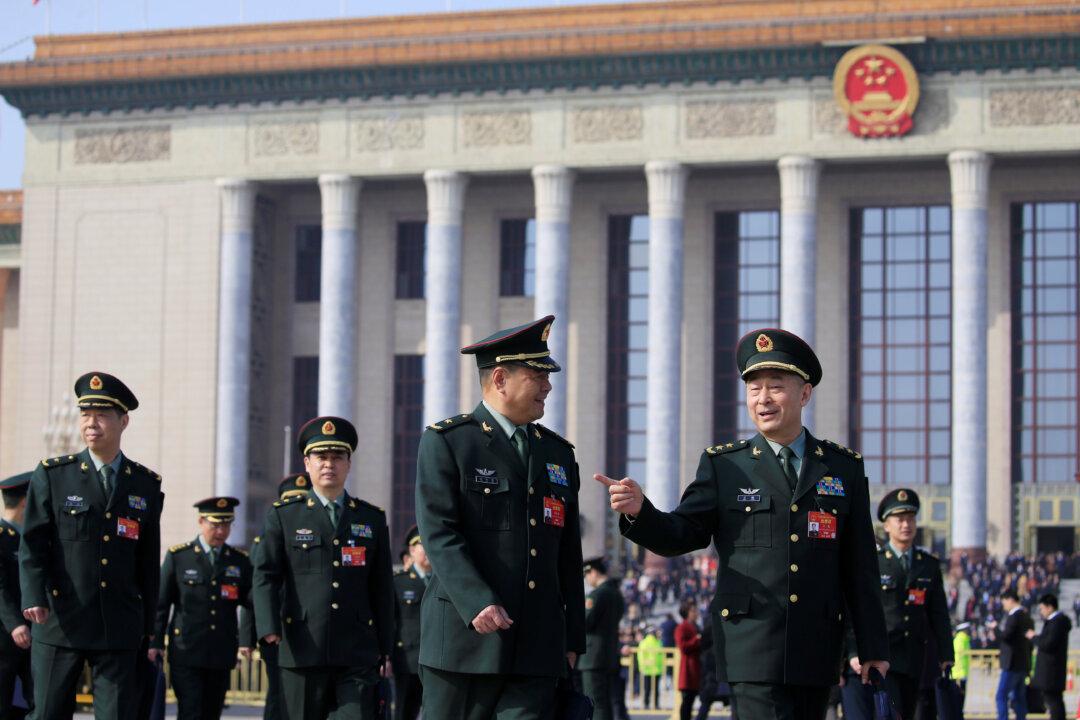BEIJING —China’s 2019 defense spending will rise 7.5 percent from 2018, according to a budget report issued at the opening of the country’s annual national meeting of the Chinese Communist Party’s political advisory body on March 5, a slower rate than last year but still outpacing the economic growth target.
The defense spending figure, set at 1.19 trillion yuan ($177.49 billion), is closely watched worldwide for clues to China’s strategic intentions as it develops new military capabilities, including stealth fighters, aircraft carriers and anti-satellite missiles.





